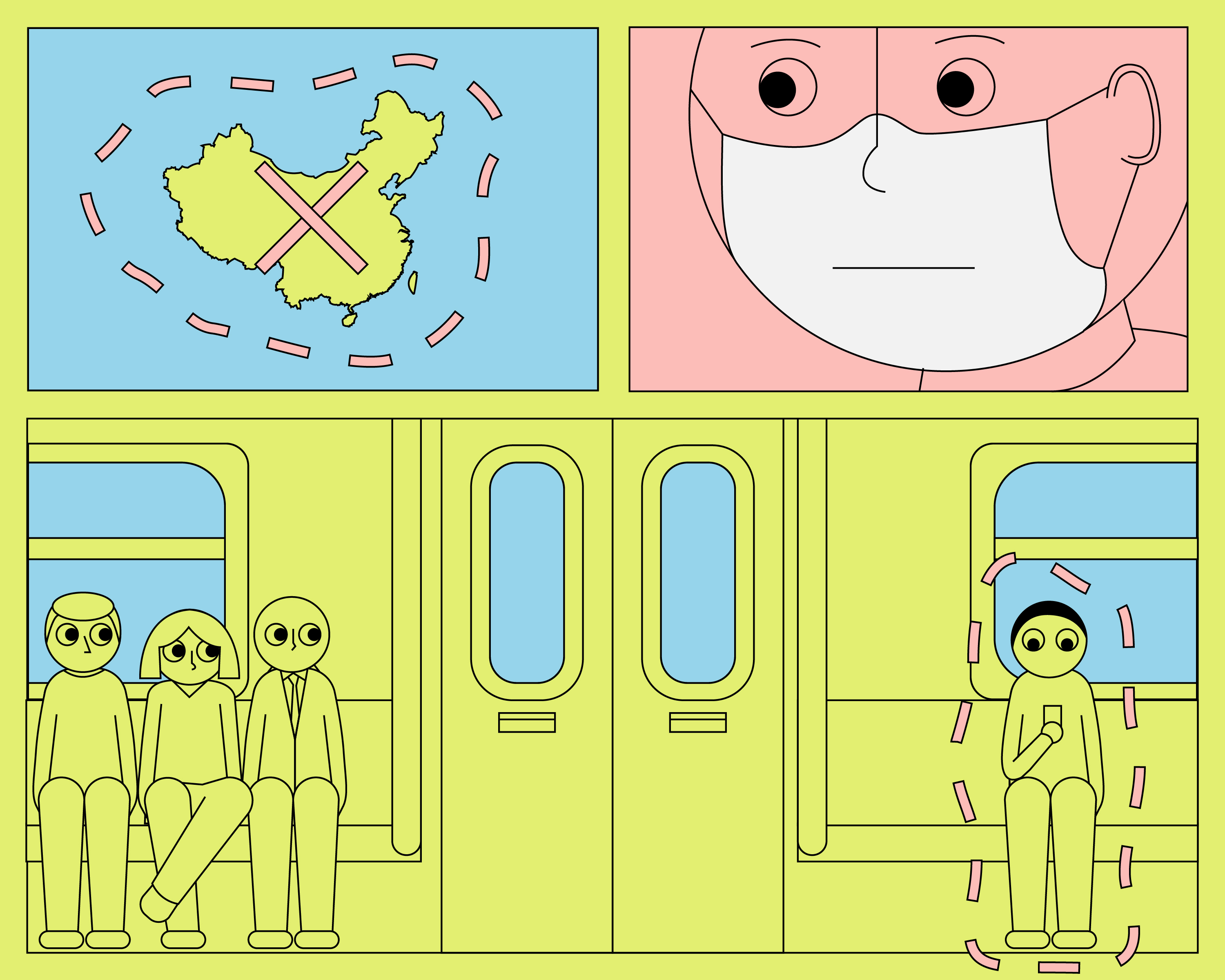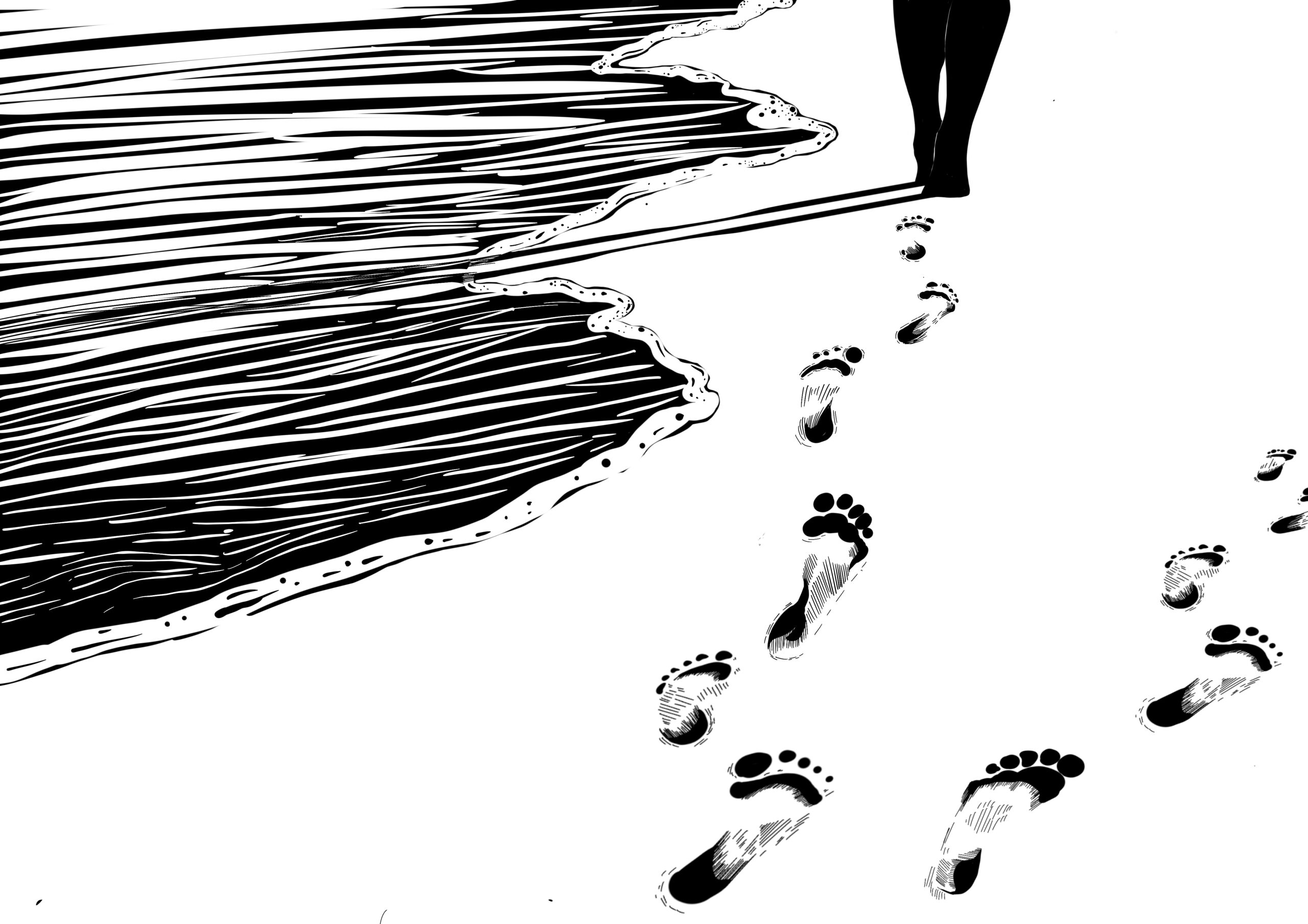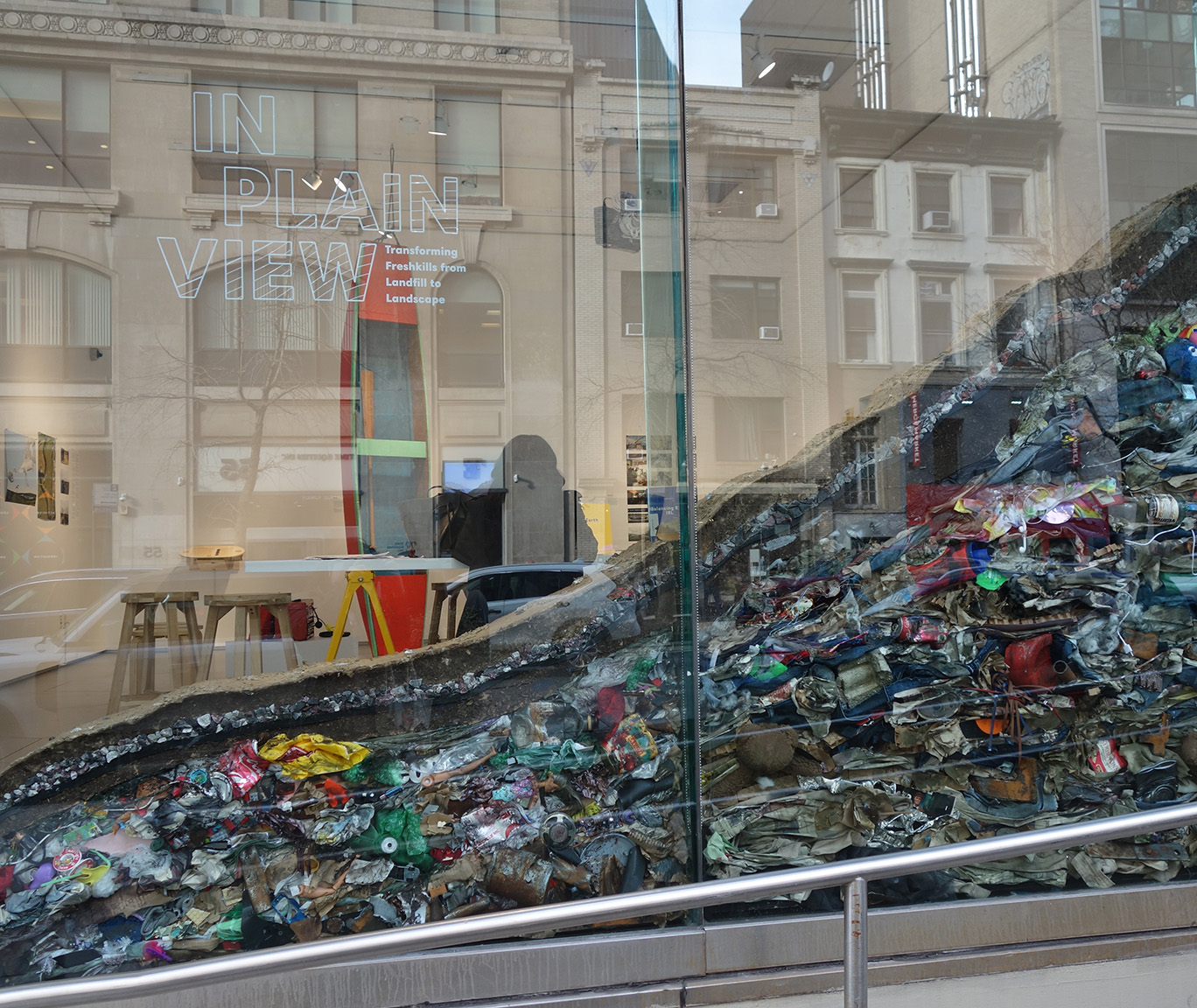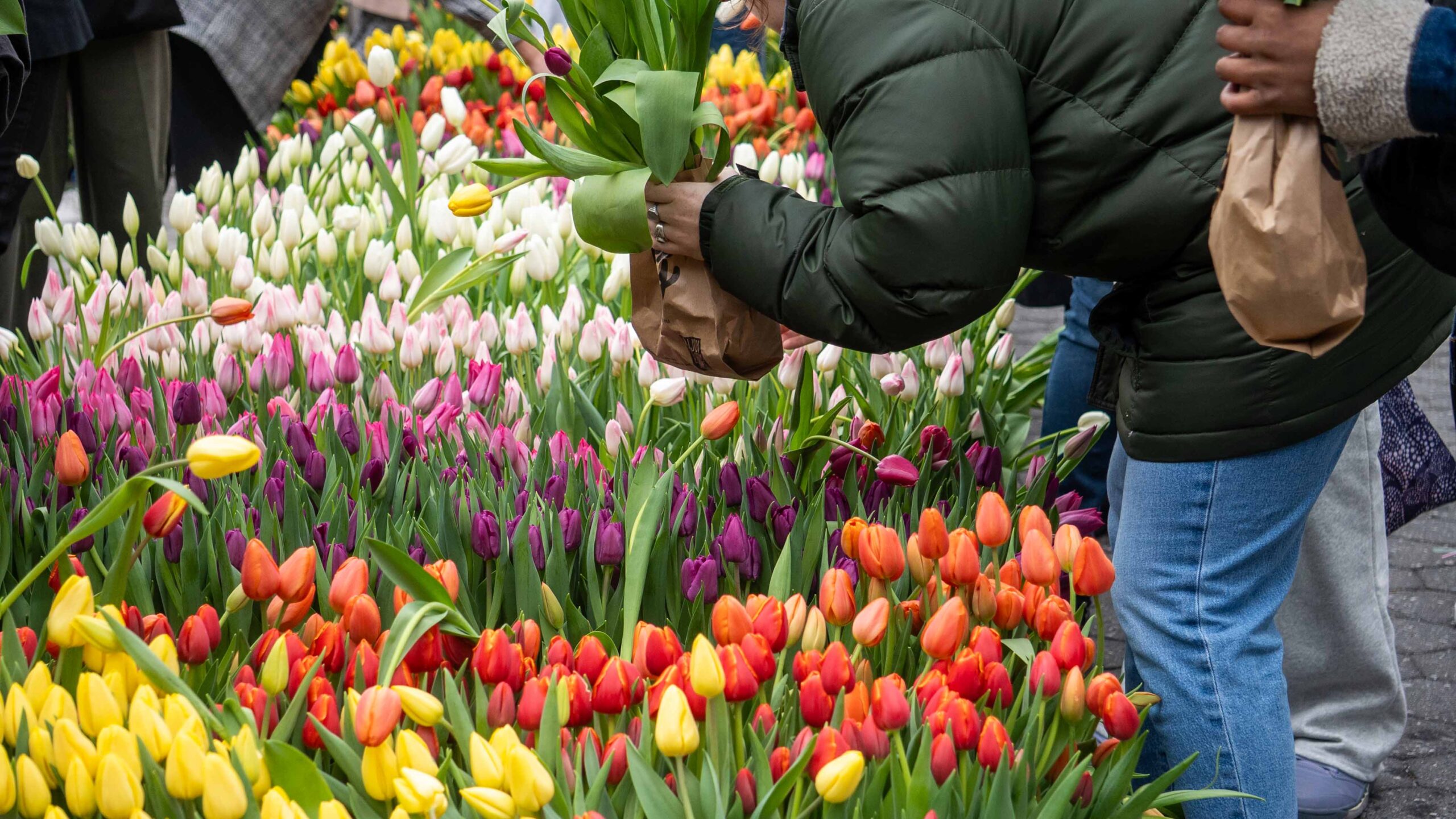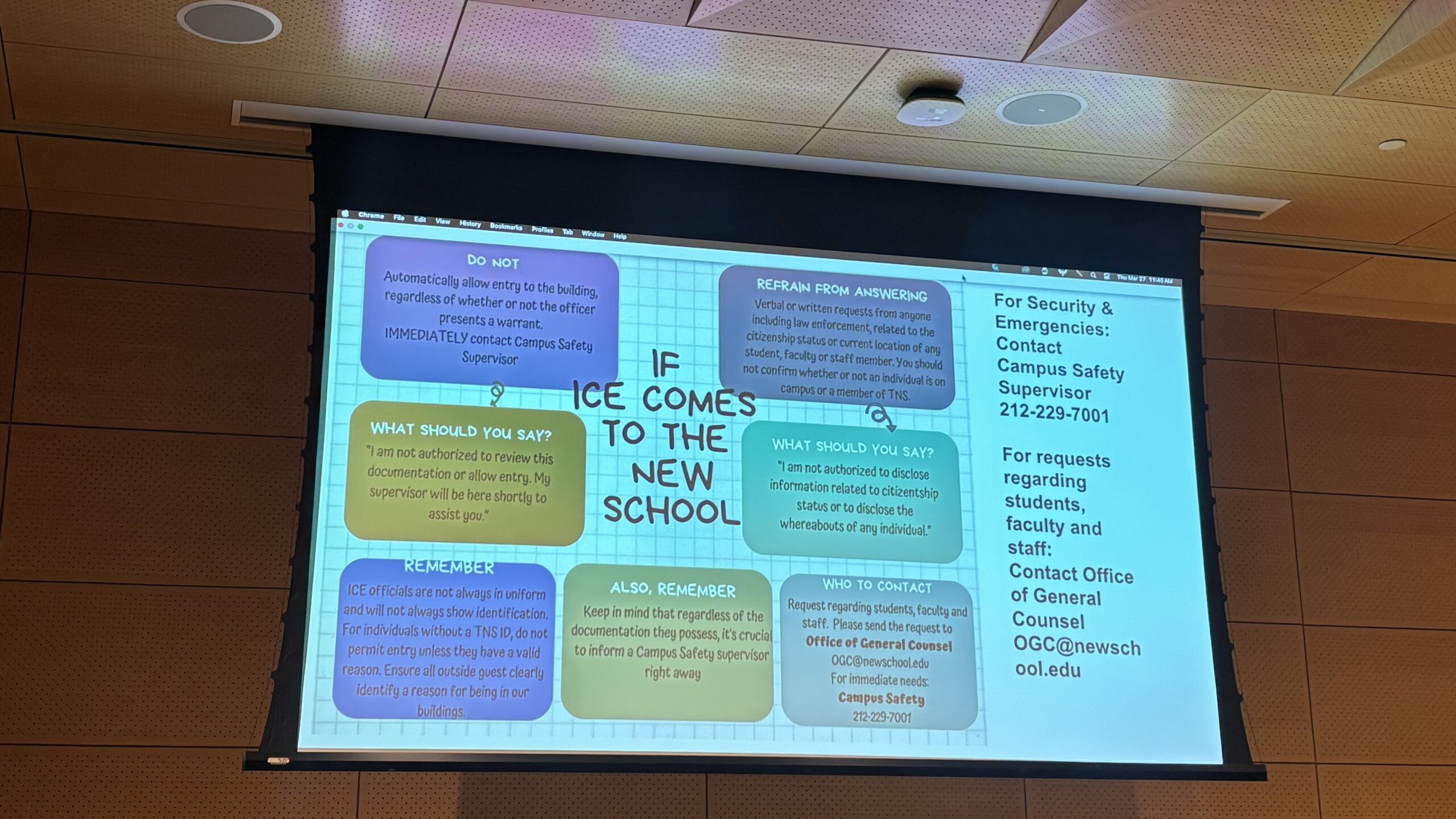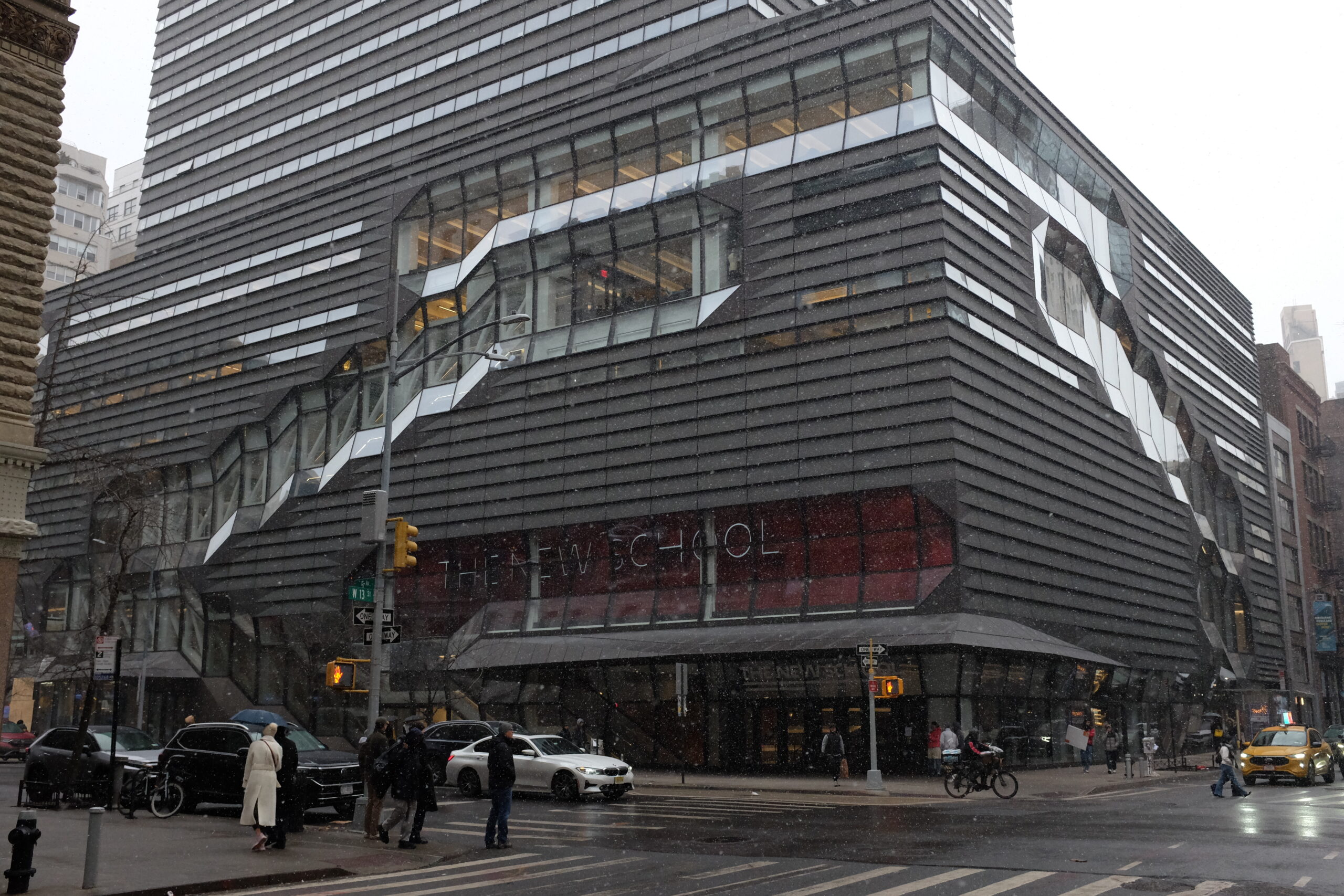On Jan. 30, The New School announced that the university will be restricting non-essential travel to China after the World Health Organization declared on Thursday that the new coronavirus outbreak is a “public health emergency of international concern.”
According to an email sent by President David Van Zandt and Provost Tim Marshall, “The New School is temporarily suspending official or previously authorized travel to China for students, faculty, and staff. This restriction includes travel for university-related activities such as (but not limited to) teaching, study abroad, conferences, internships, research, recruiting, business meetings, and special events.”
Columbia University also issued a similar warning according to an email sent by Interim Provost Ira Katznelson which read that “the University has determined to restrict student, faculty and staff travel to China until the disease has run its course.”
Katznelson served as chair of the Department of Political Science at the New School for Social Research and was dean of the graduate faculty from 1983 to 1989.
NYU has also made an announcement regarding restricted travel to China. The email was sent by President Andrew Hamilton & Dr. Carlo Ciotoli, MD, associate vice president for student health. It said, “The presumption is that any school, unit, or individual which had been planning academic or other travel to China has canceled those plans, and the cancellation will remain in place until the guidance changes.”
The Wuhan coronavirus (which is officially known as 2019-nCoV) is a respiratory illness similar to severe acute respiratory syndrome and Middle Eastern respiratory syndrome and was first identified in Wuhan, China. Wuhan is the capital of Hubei Province in Central China and is thought to be the epicenter of the outbreak.
The coronavirus can be spread from person to person as well as from animal to person. The source of the virus is thought to stem from animal and human contact from a live animal market in Wuhan, according to the Centers for Disease Control and Prevention.
To prevent the spread of the virus, the CDC recommends thoroughly washing your hands often with warm soapy water for at least 20 seconds. It is also recommended that you try to avoid touching your mouth, eyes, and nose with unwashed hands, and to avoid direct contact with anyone who is sick.
On Thursday, Jan. 30, the CDC issued a Warning Level 3 Travel Update which warns travelers to avoid any nonessential travel to China. The U.S. State Department increased the China travel advisory to Level 4, red, which advises that U.S. citizens not travel to China. Level 4 is the highest level of travel advisory, by the State Department, due to an elevated probability of “life-threatening risks.”
Delta Air Lines, United Airlines and American Airlines all announced on Friday, Jan. 31 that they are suspending flights to and from China because of the coronavirus.
As of Jan. 31, the CDC reported that there are six people in the U.S. who are diagnosed with the virus and 121 cases are pending diagnosis. The bulk of diagnoses are found in China but there are confirmed cases in 26 countries around the world, according to the CDC.
Although the email announcing the travel suspension at TNS states that there are no suspected cases of the coronavirus among students or faculty, the temporary suspension of university-wide travel was put in place as a precaution. According to the email, “Students whose studies may be interrupted by the travel restrictions related to the coronavirus should contact their program director with any questions.”
Students who study here in New York are being affected as well.
Daniel Chu, a master’s student at Parsons, said “I think that it [The New School’s hold on travel] is a reasonable cautionary step. Especially for academic or professional purposes, traveling to China right now should be restricted.”
Annie Hua, 20, is a BA/BFA student at The New School studying communication design at Parsons and interdisciplinary science at Lang. She was born and raised in Los Angeles, but her family is Chinese. From first to fifth grade she lived and attended school in Shenzhen, a city in southeastern China.
Hua has recently been wearing a face mask in public, on the subway in particular, to avoid getting sick. She takes her mask off in class, and only uses it in really crowded public spaces, she said.
One problem she has been facing is perceived judgment for wearing her face mask. “A lot of people give you really weird looks when you’re wearing them [the masks], sometimes you feel like, ‘Should I really wear this?’” she said. Hua explained that some people have been treating her like she is sick because she wears the mask.
Hua’s friend, Meng Yin, is a 21-year-old fashion student at The New School and has experienced similar feelings of judgment. Yin said, “I started wearing a mask but then I quit. It feels like there are so many people having stereotypes” she added that she feels like “people don’t know what the reason is for wearing the mask” and some people think she is wearing one because she is sick.
The New York Times reported on Jan. 30 about anti-Chinese sentiment following the outbreak including signs such as, “Sorry, we don’t accept Chinese for coronavirus. Thanks for understanding!” in a nail salon in Phu Quoc, Vietnam and the hashtag #ChineseDon’tComeToJapan.
This sentiment is not specific to just Asia. Hua and Yin were on the subway one day wearing their masks when a woman said to them, “you are sick.”
This kind of sentiment is intolerable for one New School student in particular, “Coronavirus is not an excuse for racism,” Chu said.
In Hua’s experience, many people have been responding to news of the coronavirus with xenophobia about Chinese people. Hua thinks that awareness and information are key. She said, “Because of cultural differences, many mannerisms can seem odd to people here [in the United States]. Living in the States I have actually never seen a westerner wear a mask.”
Hua said, “I think people need to be more aware of the situation,” and wishes everyone knew that her wearing a mask is just how she personally chooses to reduce her risk of contracting the disease. The CDC does not address wearing a mask in their prevention guidelines, and instead focuses on handwashing, avoiding close contact with ill people, and disinfecting surfaces that are in high traffic areas.
The coronavirus outbreak is a rapidly evolving situation but you can keep up with the latest updates on the CDC website.

